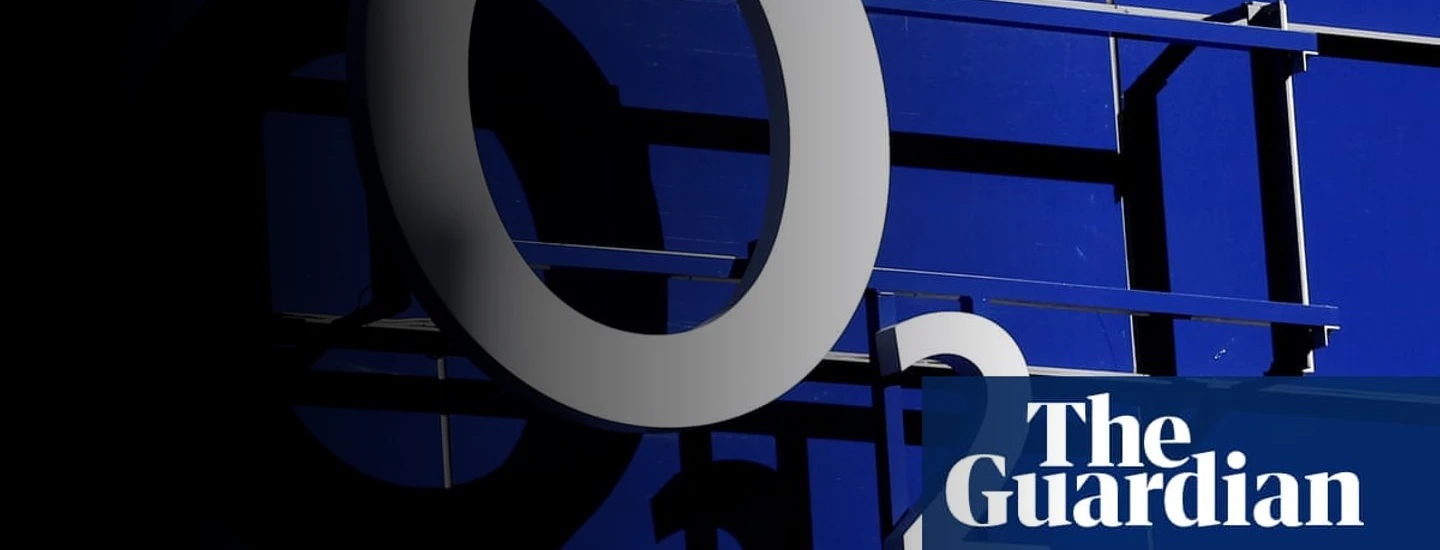It is no surprise that as we emerge from the crisis, telecoms mergers are firmly back on the agenda, especially including highly leveraged assets. But how the regulator will respond to this next wave of consolidation remains to be seen.
Even if operators are not likely to fail, there is a clear risk that the crisis could dramatically slow investment in new infrastructure and availability of the next wave of technology which could encourage the EU to take a new stance to proposed mergers.
A tie-up between Telefonica's mobile-only O2 and the only major cable operator in the market, Virgin Media, has long been a mooted option. There is clear merit for both parties in the play. But it's execution would be complicated, not least because of the relationships both operators have with rival Vodafone.
Virgin Media has seemingly been slowly deepening its ties in the UK with mobile giant Vodafone, ever since their parent company tie-up in the Netherlands. Last year the two companies announced a deal to enable wholesale access on each others fixed networks and Vodafone UK was awarded a 5 year deal to support Virgin's MVNO, seizing the business away from BT-owned EE. All this would likely have to be undone and neither of these commercial deals are as complex as O2's own with Vodafone in the UK in the form of network sharing JV Cornerstone (CTIL).
Operators and investors will be watching closely for the regulators view.
What all of this means for Liberty Global's strategy and ambition should also not be ignored. Does this move underline a push towards an asset-light strategy? What is the implication for operators in markets where Liberty Global does not play today?

